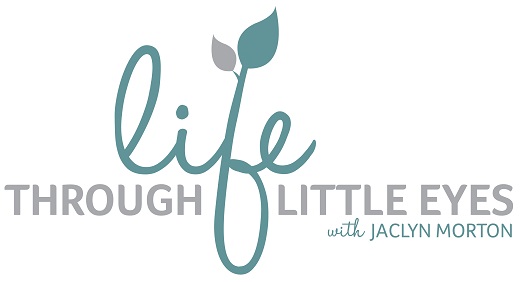Hitting…panic no, support yes

I have this first hand in my world at the moment from my 2 year old and lots of Mammy’s seem to be mentioning it. So it made me bury my head in my respectful parenting books and pull together some stuff which will be helpful for the child. I think responding in the way we would like to, can be so hard because hitting is emotive. We get ashamed. We get hurt. We get embarrassed. We get angry. We get shocked. These are the reasons why we find it difficult to stay calm.
And why should we stay calm? They have hit us or another. Is this not a reason to really tell them off and curb this behaviour?
No. They are 2 (or 3 or 4). This is totally developmentally appropriate.
“Imagine a person who pushes, punches, grabs, kicks and bites to get what he wants. You are either picturing a violent criminal or a perfectly normal 2 year old” Richard E Tremblay, Developmental Psychologist.
When children are behaving in a way we don’t like, they are telling us they are having a hard time and they need us. Like a request for help. Punishing only gives the message that we are not there for them when they need us most. We need to let them know we have their back. This is a lesson we really do need to teach, so when they’re 16 and really need us, they know we can handle the stuff we don’t really want to hear. That we can handle their big, not so nice feelings as well as the nice ones. It’s a bit like us confiding in a friend about something we’re not proud of and them telling us to get out..! We wouldn’t feel so safe or want to keep telling them our secrets would we 🙂
Faber & King in “How to talk so little kids will listen and how to listen so little kids will talk” writes…”we need to let our kids know that violence is unacceptable. The challenge is to do it in a way that will allow for loving feelings rather than increasing resentment. That’s what will ultimately keep our kids safe from future violence, whether as perpetrators or victims”.
The take away messages are as follows:
- Underplay it completely whether you’re responding to the hitter or the recipient – therefore no bully or victim mentalities come in to play – no shaming, no guilt, it just is as it is. Say what you see.
“You hit Tom. That hurt him. Tom is crying”
- Janet Lansbury writes in “No bad kids. Toddler Discipline without Shame”…“Underplaying situations is better than overplaying. The more you make a deal of it, the less children listen…Simple awareness does more than forced ‘sorrys’ or time out”
“Henry hit you. That hurt you. You’re upset at that” (empathy)
- If your child is on the verge of hitting, gently hold him back
“I won’t let you hit. What else can you do?”
“You’re having a hard time not hitting so I will help you by holding your hands”
- Set the expectation, take action to help them not to hit and empathise.
“I won’t let you hit. You’re so upset that I had to lift you up. I know”.
As Janet Lansbury goes on to say…”The assistance they need is an anchor – our patient presence and empathy while they safely ride this wave out. When the wave passes they need us to acknowledge their feelings, forgive, understand and let go, so they can too…With the knowledge that their parents will always help them handle the behaviours they can’t handle themselves, children feel safe to struggle, make mistakes, grow and learn with confidence”.
This all makes sense doesn’t it. Our challenge however is to look through our little people’s eyes when faced with other parents expecting us to act in other ways, or perhaps stronger, our own internal triggers. Be strong…it’ll pay off for our little ones, and when they are our big ones too 🙂
